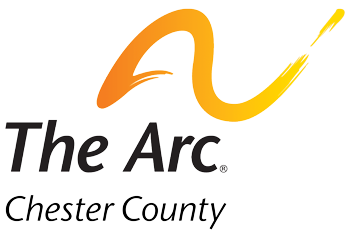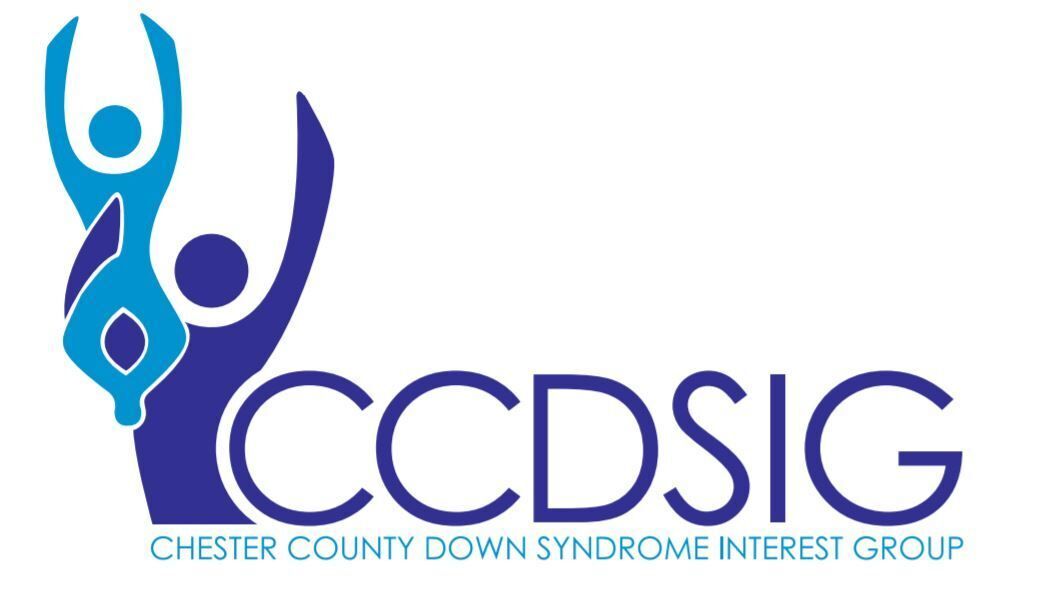Achieve with us …in perpetuity!
Planned giving refers to the process of donors committing to give planned gifts to nonprofit organizations. Planned gifts are charitable contributions that are part of a donor’s financial or estate plans and are typically given to nonprofits once the donor passes away.
The benefits of a planned gift include reduced taxable income and capital gains tax, increased retirement income and/or increase in the transfer of wealth to loved ones. Planned gifts also help to secure an organizations future, create a meaningful legacy for the donor and provide recognition for making a significant impact on The Arc of Chester County.
Planned gifts can come in a variety of forms, from simple bequests to complex trusts, all with different requirements and advantages depending on a donor’s circumstances. However, planned gifts most commonly fall within a few categories: outright gifts of cash or non-cash assets, gifts that pay income, and more complex gifts that protect a donor’s assets.
Bequests are a popular and fairly simple way to make a planned gift. These ‘outright’ gifts are charitable contributions left as a bequest in a legal will. They’re usually given as a specific dollar amount, a remainder of a donor’s estate after other bequests have been paid, or a percentage of a donor’s total wealth.
Charitable gift annuities allow a donor to give a large amount of cash or securities in exchange for a fixed income payment for life. The nonprofit keeps any leftover funds as well as any income generated from investing those funds.
Charitable remainder annuity trusts pay the donor a fixed amount based on a percentage of the initial assets used to fund it. A charitable remainder unitrust pays the donor a percentage of its principal and is revalued annually so that payments increase over time.
Charitable lead trusts pay an ‘income’ to the nonprofit for a specified number of years or for the donor’s lifetime. And when that term is up, the assets are given back to the donor or their beneficiaries.
Beneficiary Gifts are often considered an alternative form of bequest because they pass outside of your will or living trust. Because they transfer directly to named beneficiaries, you do not need to modify your will or living trust to make these kinds of gifts. You simply name a beneficiary to receive the balance of these assets upon death. Types of beneficiary gifts include:
- Life Insurance
- Retirement Plans & Qualified Charitable Distributions
- Donor Advised Funds
- Stocks & Mutual Funds
- Real Estate
- Bank Account (payable upon death - POD)
If you have already made plans or would like to learn more about how to plan for The Arc of Chester County to receive a testamentary gift, please contact the Office of Development at 610-696-8090 Ext. 202. Thank you!






